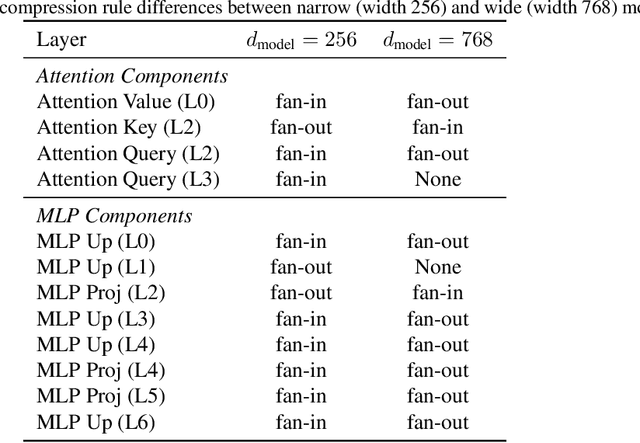When Can You Get Away with Low Memory Adam?
Paper and Code
Mar 03, 2025



Adam is the go-to optimizer for training modern machine learning models, but it requires additional memory to maintain the moving averages of the gradients and their squares. While various low-memory optimizers have been proposed that sometimes match the performance of Adam, their lack of reliability has left Adam as the default choice. In this work, we apply a simple layer-wise Signal-to-Noise Ratio (SNR) analysis to quantify when second-moment tensors can be effectively replaced by their means across different dimensions. Our SNR analysis reveals how architecture, training hyperparameters, and dataset properties impact compressibility along Adam's trajectory, naturally leading to $\textit{SlimAdam}$, a memory-efficient Adam variant. $\textit{SlimAdam}$ compresses the second moments along dimensions with high SNR when feasible, and leaves when compression would be detrimental. Through experiments across a diverse set of architectures and training scenarios, we show that $\textit{SlimAdam}$ matches Adam's performance and stability while saving up to $98\%$ of total second moments. Code for $\textit{SlimAdam}$ is available at https://github.com/dayal-kalra/low-memory-adam.
 Add to Chrome
Add to Chrome Add to Firefox
Add to Firefox Add to Edge
Add to Edge